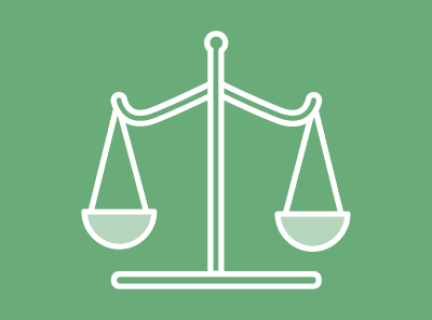Fulfilling Legal Obligations
Once you’ve got a solid plan in place and you’re committed to launching your business, it’s time to make it official by going through all the steps needed to register or incorporate your business, apply for the necessary licences and permits, and comply with other regulations as required.
Naming Your Business
Before you can register a business you generally need to get approval from the government - either provincial or federal, depending on how you’ve decided to structure your business - to operate under the name of your choosing.
If you’ve decided to incorporate in BC but don’t want to name your company, you can opt to skip this step and operate under an assigned incorporation number (random number followed by B.C. Ltd.). You can also skip this step if you will be operating a sole proprietorship or general partnership under your own legal name.
Registering or Incorporating Your Business
The process for registering or incorporating your business depends on which legal structure you’ve decided to employ. If you haven't already made up your mind, take another look at the resources under Choosing a Business Structure to help you finalize your decision.
Obtaining Licences and Permits
Depending on where in BC you plan to operate your business, different regulations will apply. At the very least, you will likely need to obtain a business license from your municipality. Depending on the type of business you plan to operate, there may also be industry-specific or even occupation-specific regulations that you’ll need to pay attention to.
Paying Taxes
Depending on the product/service your business will be providing and your overall taxable revenue, you may have to register to collect provincial (PST) and/or federal (GST/HST) sales tax. Find out if these obligations apply to your business, and if so, how you can register to start collecting sales taxes.
There are a number of additional fiscal obligations and implications for small business owners in Canada. These will differ depending on your business structure as well as other factors such as whether you have employees and whether you are importing or exporting goods. At minimum, be prepared to start declaring your business revenue and expenses when filing your annual tax return.
Hiring Employees
If you will need employees in order to effectively operate your business, ensure you are in compliance with the relevant employment, workplace, and occupational health and safety regulations in BC.
Protecting Your Business
Protect your business by making sure that you have appropriate liability and property insurance coverage, a business continuity plan to guide you through emergency situations, and a risk management strategy.
Additional Considerations for Newcomers
You don’t need to be a Canadian citizen to start a business in the province of British Columbia. You don’t even need to reside in BC so long as you are able to provide a physical address for your BC business. That said, there are a few additional factors for newcomers to consider.

